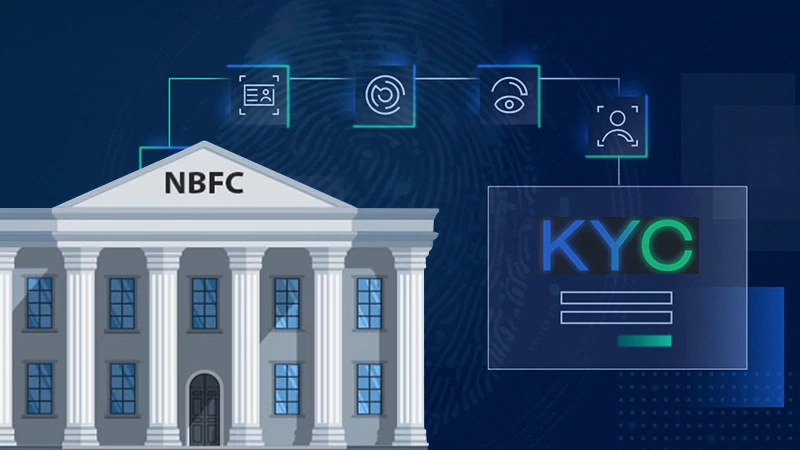What is a Trustee in Bankruptcy?
When most people think of bankruptcy, they imagine a person who has squandered their money on lavish things and is now penniless. But this isn’t always the case. In fact, more and more people are finding themselves in bankruptcy because of job loss or other unforeseen circumstances. When you declare bankruptcy, an automatic stay goes into effect. This means that your creditors cannot try to collect their debt from you. All collection activities must stop, including wage garnishment, phone calls, and letters. A Bankruptcy Trustee will then be appointed for your case.
What is a Trustee?
A trustee is an individual who has been appointed by the court to administer assets and oversee other aspects of bankruptcy. The responsibilities of trustees vary depending on their level of involvement in the case. Some are responsible for overseeing most or all aspects while others may be involved only with specific areas such as real estate, personal property, or business affairs. They may also be responsible for managing funds that haven’t yet been distributed to creditors. Trustees can also provide information about the debtor’s financial situation to judges and attorneys to help make decisions about how best to proceed with the case.
Trustee Duties
There are many different types of trustees who have different levels of responsibility when it comes to bankruptcies; however, they all have some common duties. These include:
- Administering the bankruptcy estate, which includes collecting and selling the debtor’s assets, distributing the proceeds to creditors, and paying any fees associated with the administration of the estate
- Supervising the debtor’s financial affairs during the bankruptcy process
- Investigating the debtor’s financial history and providing information about their current financial situation to the court
- Assisting the debtor in developing a plan for repaying their debts
- Helping the debtor to find employment or income sources during the bankruptcy process
- Monitoring the debtor’s compliance with their obligations under the bankruptcy laws
- Providing information and assistance to creditors throughout the bankruptcy process
A trustee is not responsible for making decisions about the debtor’s assets or debts. That is up to the court. The trustee’s role is to administer the estate and oversee the debtor’s financial affairs during the bankruptcy process.
What are the Different Types of Trustees?
There are two main types of trustees: government-appointed trustees and private trustees.
Government-appointed trustees are employees of the federal government who are responsible for administering bankruptcies in their region. In Canada, there are offices in each province and territory.
Private trustees are businesses that have been licensed by the federal government to provide bankruptcy services. They can be either for-profit or nonprofit organizations.
How are Trustees in Bankruptcy Paid?
Trustees are paid for their services through the bankruptcy estate. The fees they charge are regulated by the government and are set out in the Bankruptcy and Insolvency Act.
What is a Consumer Proposal and How Can a Trustee Help You?
A consumer proposal is an alternative to bankruptcy for people who cannot pay their debts. It is a legally binding agreement between the debtor and their creditors where the debtor agrees to repay a portion of their debts. A trustee can help you file a consumer proposal if they think it is the best option for you. They will also oversee the process and make sure that the payments are made to the creditors.
What are Some Things to Consider Before Choosing a Trustee?
The Type of Bankruptcy You are Filing
In Canada, there are two main types of bankruptcy: consumer proposal and personal bankruptcy. If you are considering bankruptcy, you should speak to a trustee to find out which option is best for you. It is just like picking the right bankruptcy lawyer.
The Cost
The fees associated with bankruptcy are regulated by the government. You should speak to a few different trustees to get an idea of how much the process will cost.
The Experience
You should choose a trustee who has experience dealing with bankruptcies. This will ensure that they are familiar with the process and can help you make the best decisions for your situation.
Your Comfort Level
It is important that you feel comfortable with the trustee you choose. This person will be responsible for handling your financial affairs during a very difficult time. Make sure you choose someone you can trust.
Trustees play an important role in the bankruptcy process. They are responsible for administering the estate and overseeing the debtor’s financial affairs. Choosing the right trustee is an important decision that should not be taken lightly. Consider all of your options before making a decision.
Follow Us
Latest Post
















